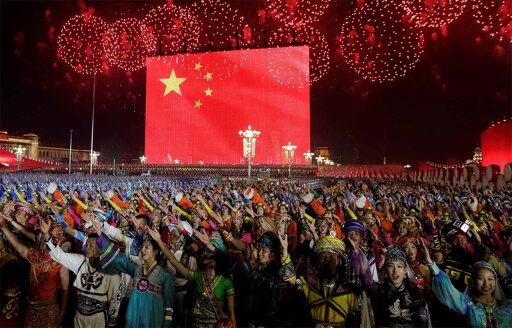cross-posted from: https://hexbear.net/post/6133209
The Mexican government has recently submitted a legislative proposal to Congress, seeking to impose tariffs of up to 50 percent on a wide range of imports from countries that do not have a free trade agreement with Mexico. Statistics show that the measure covers 19 sectors and 1,463 tariff fractions, accounting for about 8.6 percent of Mexico’s total imports. If enacted, this tariff adjustment would raise Mexico’s average tariff rate to 33.8 percent – more than double the current level. The move has drawn considerable international attention.
It is clear to any keen observer that the real driver behind Mexico’s latest tariff adjustment is the heavy political pressure and geopolitical coercion coming from Washington. Many international media outlets have noted that the proposal was announced at a time when the US is exerting enormous pressure on Mexico. By leveraging the upcoming review of the US-Mexico-Canada Agreement (USMCA) next year, Washington has thrust Mexico into the eye of the storm, attempting to force the Mexican government to sacrifice its own interests in order to serve US geopolitical strategies.
For an economy heavily dependent on foreign investment and exports, protectionism is not a shield, but the beginning of a domino effect. Mexico’s growth has long relied on the global division of labor in supply chains, especially foreign investment in manufacturing and access to export markets. Yet today, the Mexican government’s repeated resort to tariffs in response to external pressure sends a signal of regulatory volatility and policy uncertainty. This undermines Mexico’s reputation as a “reliable production base” and weakens investor expectations in the long-term allocation of capital, technology, and high-end capacity. Should investment shift toward more open and stable Latin American neighbors, Mexico would not only see its industrial foundation eroded, but also risk falling into passivity and marginalization in regional competition.


